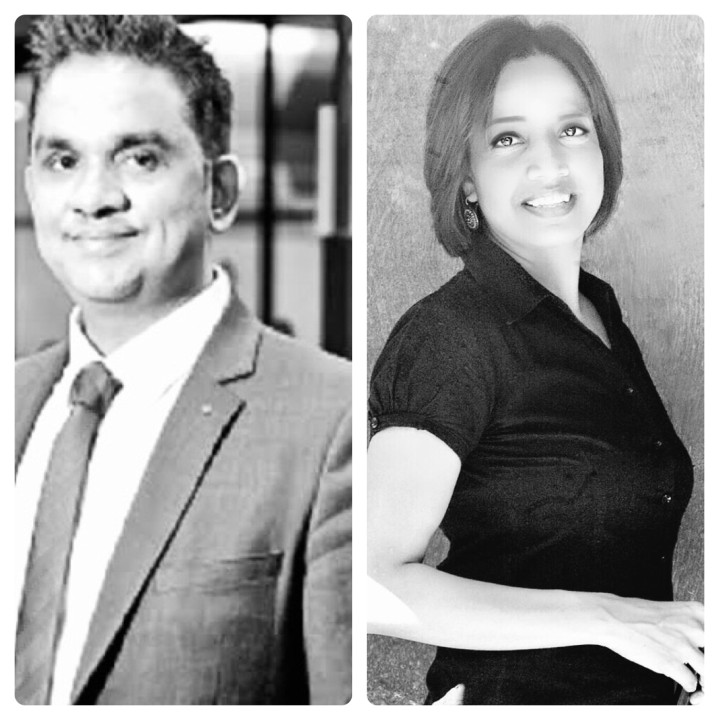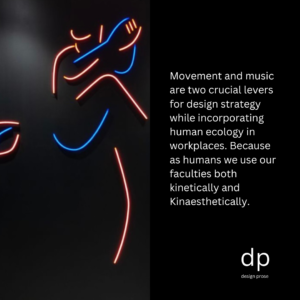Pallavi: It is easier to act out of references, where we pick dependable behaviors from past to edit our actions. In times like these, there is not a whole lot you can use as your data points, what should one use to take some leadership actions which may impact organizations in a significant way. What would you recommend leaders do?
Ashok Ramachandran: I feel that response to a crisis like this cannot be learnt, but only evolved through leadership & real-time experience. Leaders need to look at such crises almost like an MBA project – helping them to lead through it with practicality, without stressing out. One should avoid knee jerk reactions, but rather have a very clear & agile strategy and action plan in place. Getting bottom up feedback is crucial to prepare for action. And one must consider actions with its potential overall impact on shareholders, employees and suppliers. Any silo thinking will kill the long term success of the company. We can also learn from how other companies reacted during previous economic crises and take a leaf out of their books.
My suggestion is: One, get feedback from shareholders on their overall expectations. Two, work bottom-up with your teams to understand the ground reality. Then, try to marry the two and present a plan which gives wins to all. All the while, it’s important to keep the cost structure as low as possible while pushing top line to as high as possible. The whole idea must be to learn from shortcomings of Pre-Covid times and tactically use the opportunity now, to build a fitter organisation for the future. The mantra of Bigger, Fitter, Faster holds true now, more than ever before.
Pallavi: Profitability, revenues and growth have been the usual metrics to measure any organization, which seems to get challenged. What could be the new metrics for organizations to emerge forth in coming days which we can’t quite predict and why?
Ashok Ramachandran: I feel the same metrics are still valid but its best to not measure them against a predetermined Pre-Covid budget but rather take a zero based budget approach. One needs to always set goals and targets on how one can review and keep the company progressing. Scenario planning will be extremely useful during such times. So one could have a best, worst and mid case scenario for growth, financial & operational metrics. Based on this, overhead costs can be planned and executed. These are of course the ones we can see and measure easily. The ones not so easy to measure but equally critical is Agility, Innovation, Adaptability along with keeping the culture intact. During these times, both, companies and employees have to be super agile and adaptable. For example, no one should take their role for granted and feel that this is all they will continue doing. Companies which can see the changing times and quickly adapt with streamlined process, products, people strategy, structures and employees who can quickly raise their hand up and be part of driving this change will surely win. In fact all of these not-so-easy measurable will likely be the actions to be implemented in your scenario planning.
Pallavi: Ethics has come to become such an elastic and malleable value in the corporate world. You can see it and yet cannot call it out loud. It is going to get further challenged in times to come as companies and leaders stretch that for shortsighted gains. In your professional tenure, have you ever been surprised and shocked on how ethics was misused. Please tell us in detail.
Ashok Ramachandran: Ethics being misused happens all the time and all across the world. I have worked in four different countries and have seen such examples everywhere. We tend to think that Indians and Asians are more easy to commit such mistakes but it is not uncommon to see this even in the developed countries. When I was working in Australia, I met a particular building manager who was handling one of the premium high rise buildings. During the contract negotiations, he openly asked what I was willing to offer. He was working for a very reputable multi-national building management services firm and it shocked me to see his casual forthrightness. He wasn’t aware of the fact that I knew his boss really well. I had to politely tell him that off-the-books kickbacks wouldn’t be possible. He tried to convince me a few more times, so I had to finally bring to his attention that I knew his boss. I figured that he took a chance with me because he saw me as a fellow Indian, thinking I was an easy prey. But again, I have seen similar cases with other nationalities. In my view, ethics come first in life. If you deviate from your moral compass, it will kill your career forever. Thankfully for my organisation and me, this principle or value is a non-negotiable.
Pallavi: Leadership is a contact sport and it is full of bruises too. There are many lessons from the world of sports, of fighting spirit, of competition, of humility, of triumphs and of losses. Have you seen a parallel in the world of sports and corporate world. Please elaborate. Any particular sportsperson that comes to your mind demonstrating it.
Ashok Ramachandran: I have always felt that comparison between sports and business is not fully correct. In sports, people practise for a few months before the start of a season and their performance is determined just by the matches they play during the season. Whereas in business, we are playing the match every day, and on every month end closing. We don’t get separate time just to practise. The main parallels we can draw and get inspired by is tenacity, hard work (in practice), continuous improvement, grit and relentless attitude. These skills are very much required in business and can be implemented with some care. We should also learn from sports on how to bounce back stronger (remember Sourav Ganguly’s great comeback after being humiliated & dropped from the team). But if I have to say I am inspired by anyone, it is actually the famous football coach Bill Campbell who then later transformed into a business coach. I strongly recommend everyone to read the book “Trillion Dollar Coach” by Eric Schmidt, Jonathan Rosenberg and Alan Eagle. This book has superb anecdotes of how Bill Campbell converted takeaways from sporting excellence into business magic.
Pallavi: World has changed overnight and in wake of the new world which has already emerged. What kind of leadership traits will have a higher chance of survival and which ones do you think will have to get rested and perished now.
Ashok Ramachandran: No leadership traits will perish and none have to be rested. All the skills are needed in some form to be used based on situations. I look at Covid-19 as a pause button and not a stop button. Economies and companies will bounce back, maybe not all of them will, but those that do will have to be led by strong leaders. Leaders who will have to use all the ammunition in their kitty.
The key traits to help during this time will be resilience, ability to inspire and influence people to change to the new ways of working/innovating, ability to reset and recover as fast as possible, visionary-instincts and finally a style of leading with love and compassion. There is a lot of uncertainty and leaders have to not just manage, but also lead the change. They must roll up their sleeves, ensure the strategy is adjusted wherever needed, drive the organisation to the concept of renovate, innovate and reset. They must talk to their people at as many levels as possible. Often, to show positivity and encourage them. Keeping the morale of the troops high is key. Once that is done, a clear execution and relentless follow up must be in place. If this can be done while showing love and compassion towards people who have been impacted the most, I feel things will be bright. Inspiring leadership will definitely survive this crisis because it shields the organisation from the blowback of tough decisions being taken. Troops will always rally around an inspirational leader & know that what’s happening is happening for the good.
Pallavi: Do you deliberate at a possibility that India will become a colony for Big 4s (GAFA) Corporations of the world and they will have the potential to control and manipulate the Indian economy as a modern colony.
Ashok Ramachandran: I doubt this will be the case. I feel there will be more medium sized and small sized companies emerging, although in different sectors and in different avatars. Maybe many of the existing MSMEs may struggle and eventually give way to a breed of new ones. Indians are by nature resilient and forward looking. Even if we look at the actions the Government has been taking for the past 5 years and now, you see more streamlining of policies and opening up of the economy. The will to reduce corruption and crony capitalism is evident. So overall while the Big 4s may thrive and become stronger, the other companies will also naturally push towards growth. Not to forget, the hustling, bustling startup scene in the country. I believe for overall improvement of the economy, we need all kinds of players to thrive and succeed.
*Note: All views expressed here in this conversation by Ashok Ramachandran are his personal views and do not represent Schindler Group views as a company.




